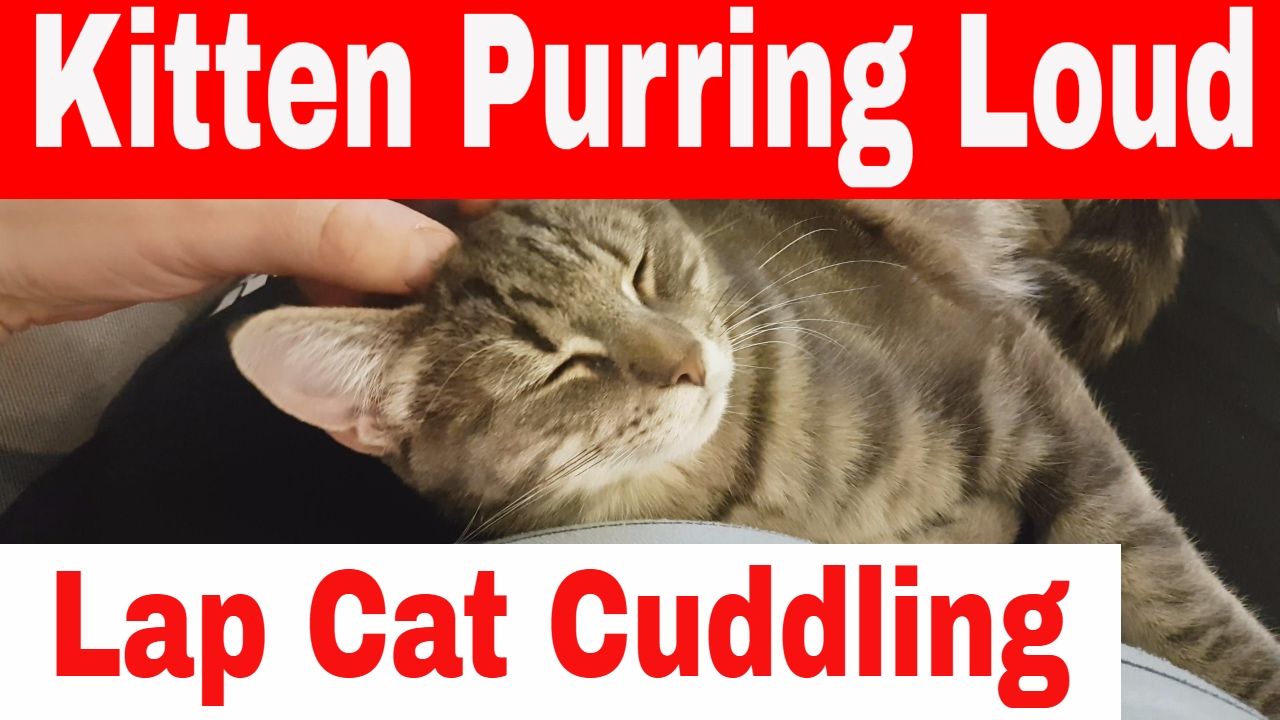Why Do Kittens Purr Loud

Purring may have developed as a mechanism to keep a cat s bones and muscles in peak condition.
Why do kittens purr loud. Once kittens are born the mother s purr is crucial to their survival. One is simply that your cat is getting older and her body is getting bigger with a more developed kittens start purring within a day or two of their birth. Thus purring may facilitate physical healing. This may help explain why cats purr in both good times and bad.
Purring is also associated with the release of endorphins natural pain killers that exist in the brains of humans cats and many other species and which flow when we re ecstatic and when we re in despair. Some cats are also naturally louder than others simply because of their breed. This is helpful during the long periods of inactivity in their style of hunting which is to wait for prey to come by and then ambush it. If your cat is purring louder than normal she may be especially happy and comfortable.
An example of this is the oriental short hair. The low frequency of a cat s purr causes a series of vibrations. Cats purr during both inhalation and exhalation so the sound is nearly continuous. Research and clinical experience show that sounds with the same frequency as purring can help repair bones and reduce inflammation.
It s the mother s vibrating purr that leads them to her body for nursing and critical warmth since they re unable to regulate their own body temperature yet. Kittens are born blind and deaf but they do feel vibrations. Even hyenas guinea pigs and raccoons can purr. And cats that roar such as lions and tigers can t purr.
There are many reasons your cat might have a louder purr than you re used to. Because kittens are born blind and deaf they need the vibrations from purring to communicate with their mother and littermates.




















